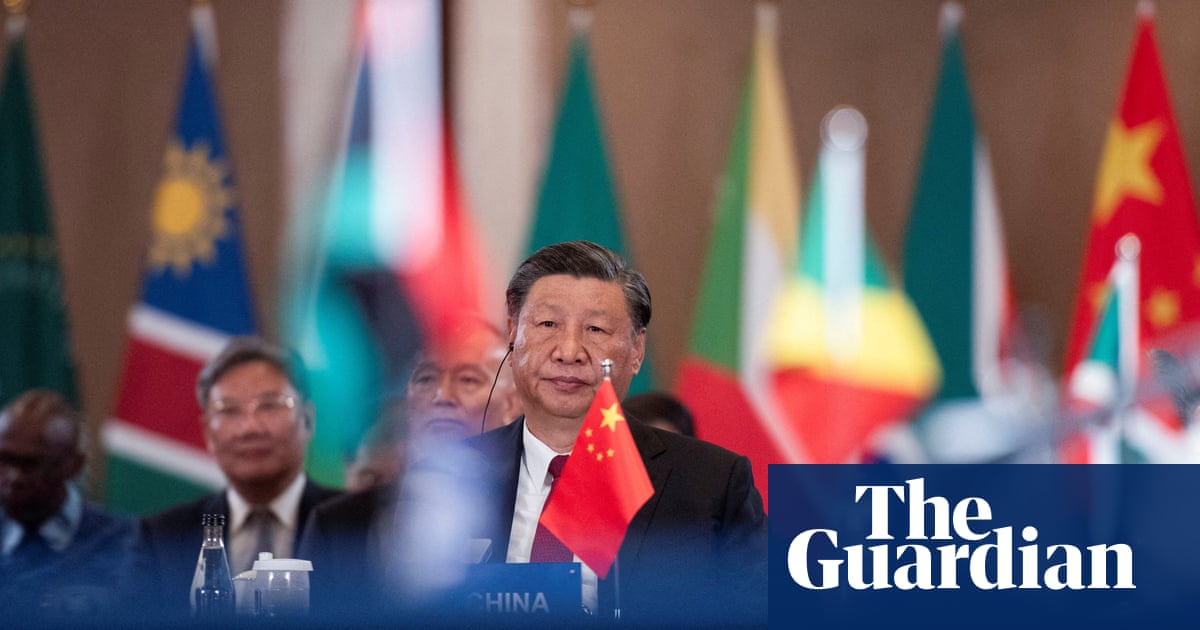
The UK government has cautioned in a white paper on aid that China’s increasing involvement in global development signifies a significant shift that may pose a challenge to British interests, necessitating strong action.
As David Cameron takes on the role of foreign secretary, his past business ties with China are being closely examined. The document is unafraid to criticize China’s development model and increasing impact.
The disadvantages mentioned consist of “operating under reduced social and environmental regulations, lack of transparency, accusations of corruption and control by local leaders, and limited cooperation within the international system, particularly with bilateral methods such as the belt and road initiative”.
The white paper cautions that China’s increasing involvement in international development represents a significant change in the global development landscape. This has significant implications for Britain’s development policies. According to the paper, China has provided $498 billion in loans between 2008 and 2021, which is 83% of the World Bank’s sovereign lending during the same time frame. The paper also emphasizes the need for careful navigation of the challenges that may arise from China’s growing assertiveness in shaping the international order through its evolving development role.
The UK’s white paper guarantees that it will stand against the threats posed by China to open societies and good governance. It also states that it will strive to influence Chinese perspectives and take strong action when necessary.
According to the white paper, it is crucial for China’s domestic initiatives to support international efforts rather than weaken them, considering China’s significant contribution to improving global development standards and reaching the UN’s SDGs by 2030.
The discussion highlights historical conflicts between China’s development approach and Britain’s pledge in the white paper to collaborate and assist disadvantaged populations.
The white paper, the brainchild of the development minister. Andrew Mitchell, contains a plethora of ambitious plans to stretch the balance sheets of multilateral banks and mobilise pension funds to direct finance to meet the currently badly offtrack SDGs.
The white paper proposed that by utilizing more guarantees, multilateral development banks could generate an estimated $300 million to $400 million in additional funds within the next ten years.
According to the World Bank, there is currently a total pipeline of $1.2 trillion for sustainable infrastructure projects in low- and middle-income countries. However, this falls significantly short of the additional $3.9 trillion that is needed each year until 2030 to achieve the Sustainable Development Goals (SDGs).
During a worldwide food conference held in London to introduce the white paper, Sir Chris Hohn, the managing partner of Children’s Investment Fund and Britain’s most generous philanthropist, declared that he will personally donate an additional $50 million to aid in the prevention and treatment of child wasting. He is confident that his contribution will attract an additional $500 million in grants.
The hedge fund manager is believed to have donated £4 billion to various charitable initiatives focused on addressing child poverty and the climate crisis.
The proposed white paper received praise from aid organizations for its scope and goals, but the government’s decision to reduce its aid budget and allocate a larger portion for domestic purposes was widely condemned.
Source: theguardian.com
















